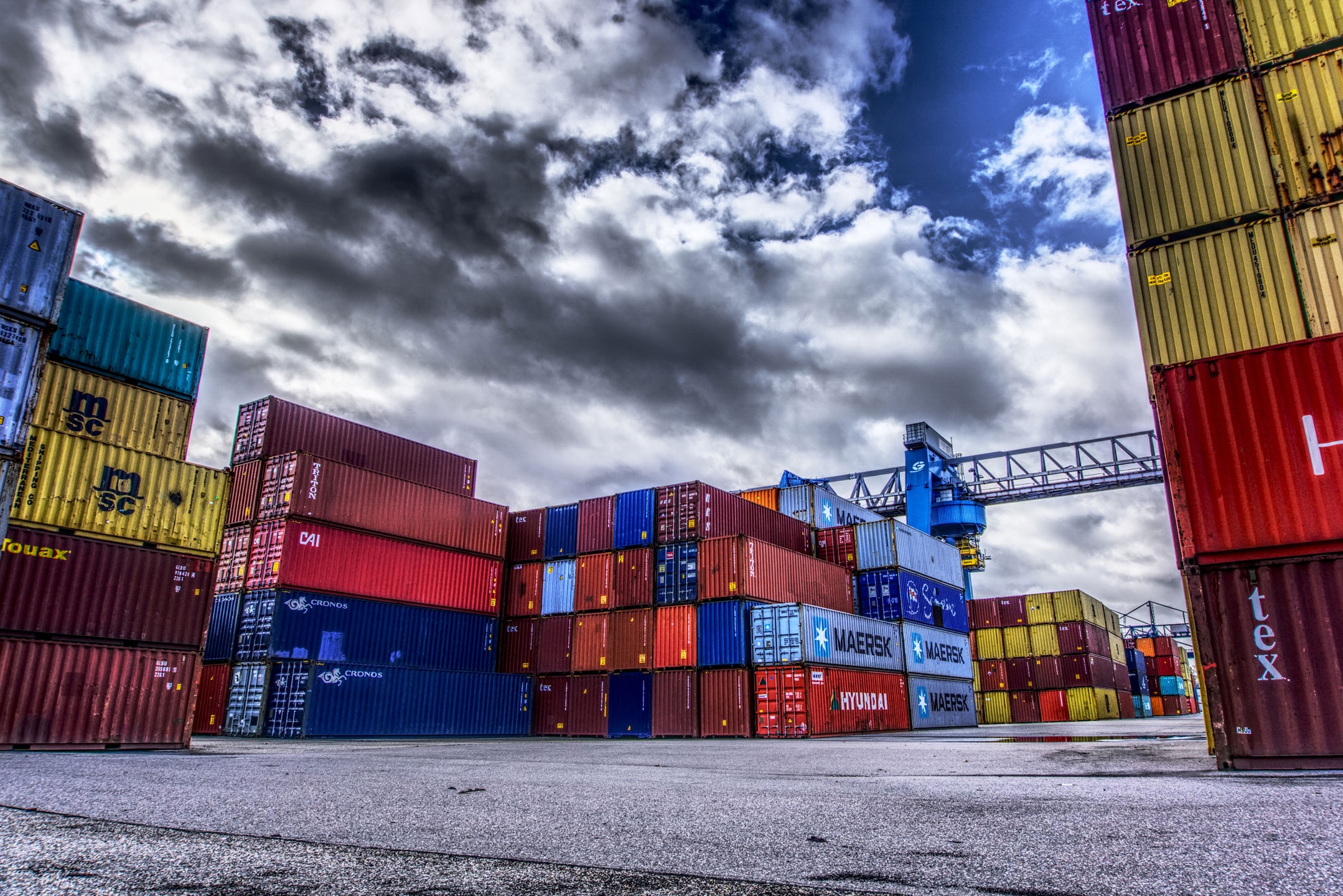– Introduction
Dealing with damage to or loss of cargo can be a stressful/chaotic experience for an importer/exporter/trader (“Merchant”). Especially for new players in the market or companies which don’t deal much with damage sensitive cargo, because it might be their first experience with damage/loss. The Merchant should follow the right procedure -which consists of legal and practical parts- to prevent losing a valid claim (in essence) due to lack of evidence or another formality. The first 72 hours after the contractual delivery of the cargo are essential.
Notice of damage or loss
The Hague (Visby) Rules (“HVR”) states that in the case of apparent loss or damage, notice must be given before or immediately upon taking delivery of the goods by the consignee. This is for instance the case if there is extreme delay (and the damage to the perishable cargo is guaranteed) or if the Merchant could derive from the temperature graph published on Merchant’s customer account on the website of the ocean carrier that the reefer hasn’t been plugged in.
In cases of non-apparent loss or damage, written notice must be given to the carrier or his agent at the port of discharge within three days of the delivery of the goods. This is the case if the Merchant finds out that there is damage to the cargo after taking the cargo in custody, for example after opening the container doors at the warehouse.
The notice of damage or loss should be in writing and it should specifically mention the nature of loss or damage. Neither the claims handler nor the court expects this information to be of a comparable level of the findings of a cargo surveyor, of course, but the claims handler should at least know what the complaint is in order to take necessary steps (like rejecting the claim, appointing a surveyor or rejecting the survey invitation). Except the nature of loss or damage, the Merchant should think of advising the ocean carrier or its agent the shipment details as well. Normally a bill of lading number and the container number should be sufficient for the ocean carrier to find the right shipment in the system and to create a ((pre-)claim) file. We unfortunately still see examples of notices of damage or loss to the ocean carrier which is a short e-mail to a claims department with a complaint on the quality of the cargo, without mentioning the BL and/or container number nor other voyage details. Ocean carriers are big multinationals, with thousands of customers, carrying millions of containers worldwide and working with many sophisticated transport and claims software programs. Writing an e-mail/letter without voyage details might easily be overlooked and at a later stage the question can arise whether the notice of the Merchant was a valid one from a legal point of view. The Merchant should therefore be very specific on this.
A point of attention: lodging a claim (at a later stage) is not considered as jeopardizing the relationship with the ocean carrier. Throughout the years lodging claims has become “part of the game” and every ocean carrier has multiple claim departments worldwide besides Sales, Operations, Customer Service, Finance and other departments.
Invitation to survey
In order to assess the damage or loss, a joint survey needs to be organized. Joint survey means that the ocean carrier and the Merchant each appoint a surveyor to conduct survey, together.
For the necessity of a timely notice and the possibility of the ocean carrier to conduct a survey, I refer to a landmark case from 1980 (known as the Fothergill-case). Although air carriage was involved in that case instead of ocean carriage, the essence of notice and survey remain the same. Lord Wilberforce commented as follows:
It is (1) to enable the airline to check the nature of the “damage”, (2) to enable it to make inquiries how and when it occurred, (3) to enable it to assess its possible liability, to make provision in its accounts and if necessary to claim on its insurers, (4) to enable it to ensure that relevant documents (eg the baggage checks or passenger ticket, or the air waybill) are retained until the issue of liability is disposed of. (…) Moreover, prompt notification may give the airline an opportunity of recovering the objects lost’.
Correct notice
We have noticed that some exporters have a strong relationship with the local agent of the ocean carrier. In regions where the export is dominated by a specific type of cargo (like cocoa beans in Madagascar, banana’s in Colombia and onions/potatoes in the Netherlands), the exporters are used to make a complaint/notice of damage or loss at the port of loading, where they have booked the cargo. This exporter gets a complaint from the importer overseas and the exporter as a result contacts his booking agent (at the port of loading). The HVR is clear about a notice of damage or loss: written notice must be given to the carrier or his agent at the port of discharge within three days of the delivery of the goods. Often this problem is solved by the agent of the carrier by forwarding the notice of damage or loss to the agent at the port of discharge which on its turn gets in touch with the consignee (for instance to organize a joint survey). But we have dealt with claims where the notice of damage or loss was not forwarded to the port of discharge, while the exporter thought to have handled correctly by only notifying the agent of the ocean carrier at the port of loading. As a result, the ocean carrier was not able to inspect the cargo. Due to the commercial terms, exporter was the party with the financial loss and lodged a claim against the ocean carrier. By explaining the situation to the ocean carrier and focussing on the merits of the claim, we still could find an amicable solution for the claims. But it is far from a desirable situation, as everything is based on an unilateral survey report, i.e. the survey report issued by the surveyor of the Merchant.
Conclusion
A timely and decent notice of claim is essential for a correct handling of the claim at a later stage. The Merchant should make sure that the procedures and the right actions are lived upon, in order to get indemnified by the ocean carrier at a later stage, out of court or via proceedings.
Our firm represents cargo interests (cargo underwriters/brokers as well as Merchants who are not insured) with their claims against ocean carriers. You can contact us if you want a template of a decent notice of damage or loss or if you want to become (more) familiar with the claim’s procedure. We are specialized in claim handling and recovery and we handle claims from A to Z. Besides this, we also give trainings to companies in claim management and debt collection. Feel free to contact us for more information.
About the author

Nurlan Agayev
LLM


